Niccolò Castelli tells a week-long story at Solothurn Film Festival
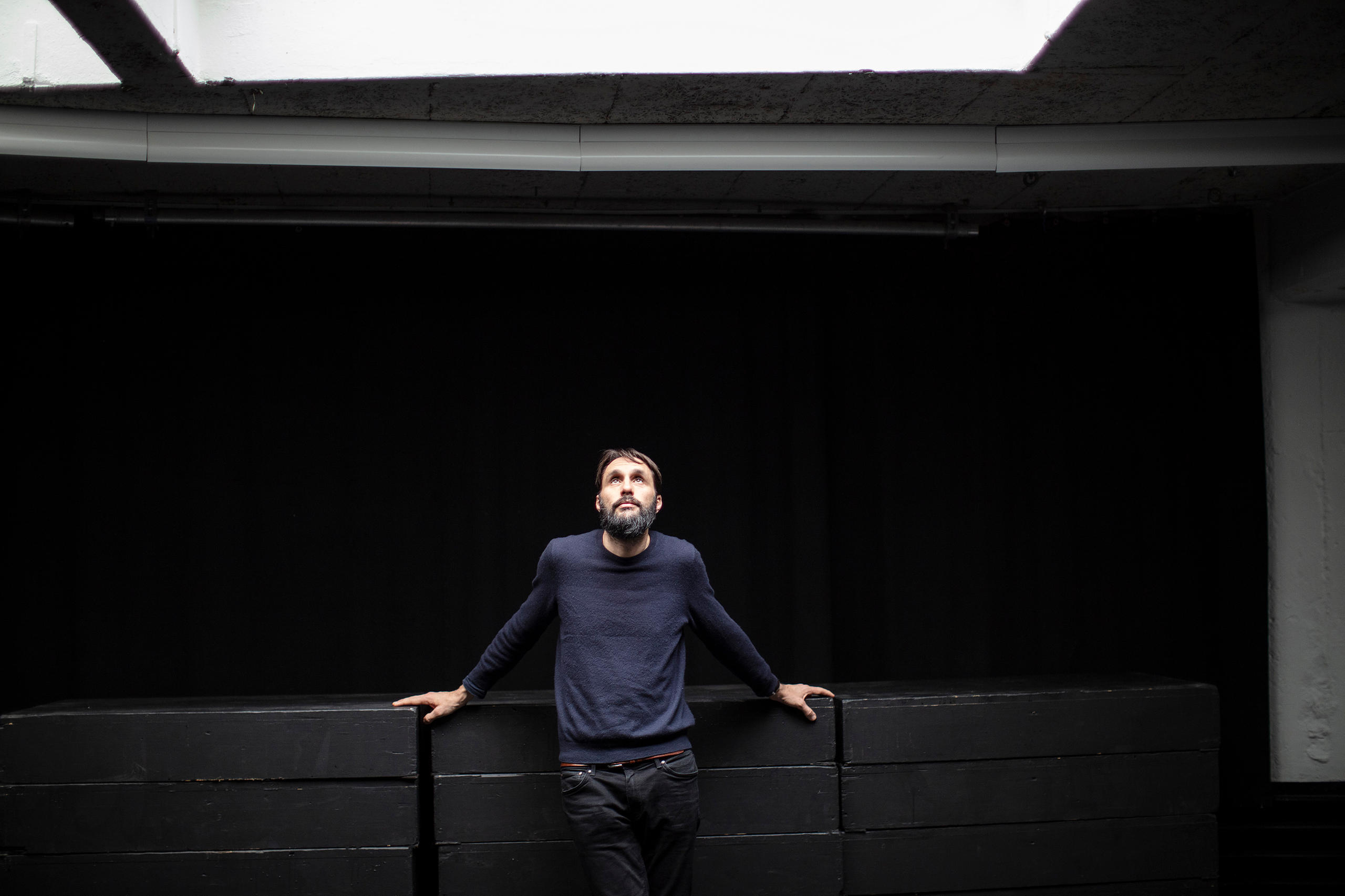
The annual showcase of Swiss cinema in Solothurn kicks off with a new artistic director at its helm. Niccolò Castelli tells SWI swissinfo.ch how his experience as a filmmaker helps him navigate a constantly evolving film market.
Despite having produced, directed and edited a few films, Castelli sees himself primarily as a storyteller since the start of his career as a radio journalist. His new role as artistic director of the Solothurn Film FestivalExternal link, which presents the best Swiss films of the past year, doesn’t change his vocation.
“I see my job now as telling a week-long story,” he says. “We’re putting together movies in order to make a big story about Swiss cinema in the last year.”
Born in the Swiss city of Lugano in 1982, Niccolò Castelli started his career as a journalist for the Italian-speaking Swiss public broadcaster, RSI, in 1998.
He then collaborated in the production of some feature films as well as writing and directing short films, documentaries, reportages and music videos. Tutti Giù – Everybody Sometimes Falls (2012), was his first feature film. His second feature, Atlas (2021), opened the Solothurn Film Festival and was selected for numerous festivals, including the 74th Locarno Film Festival.
Since 2021 he has been director of the Ticino Film CommissionExternal link in addition to his work as artistic director of the Solothurn Film Festival.
If film festivals are marathons for cinephiles, for programmers it is a hardcore decathlon. Castelli and his team watched 642 films to select the 217 that will be screened between January 18 and 25. Watching films, though, is the easy part. The film world has experienced a profusion of new business models and market players, above all the streaming companies – Netflix, HBO, Disney, Apple and Amazon, among others – who have completely changed the way people watch films and how they are distributed. Castelli says the market is in a constant state of turmoil and film festivals are having to adapt to stay relevant.
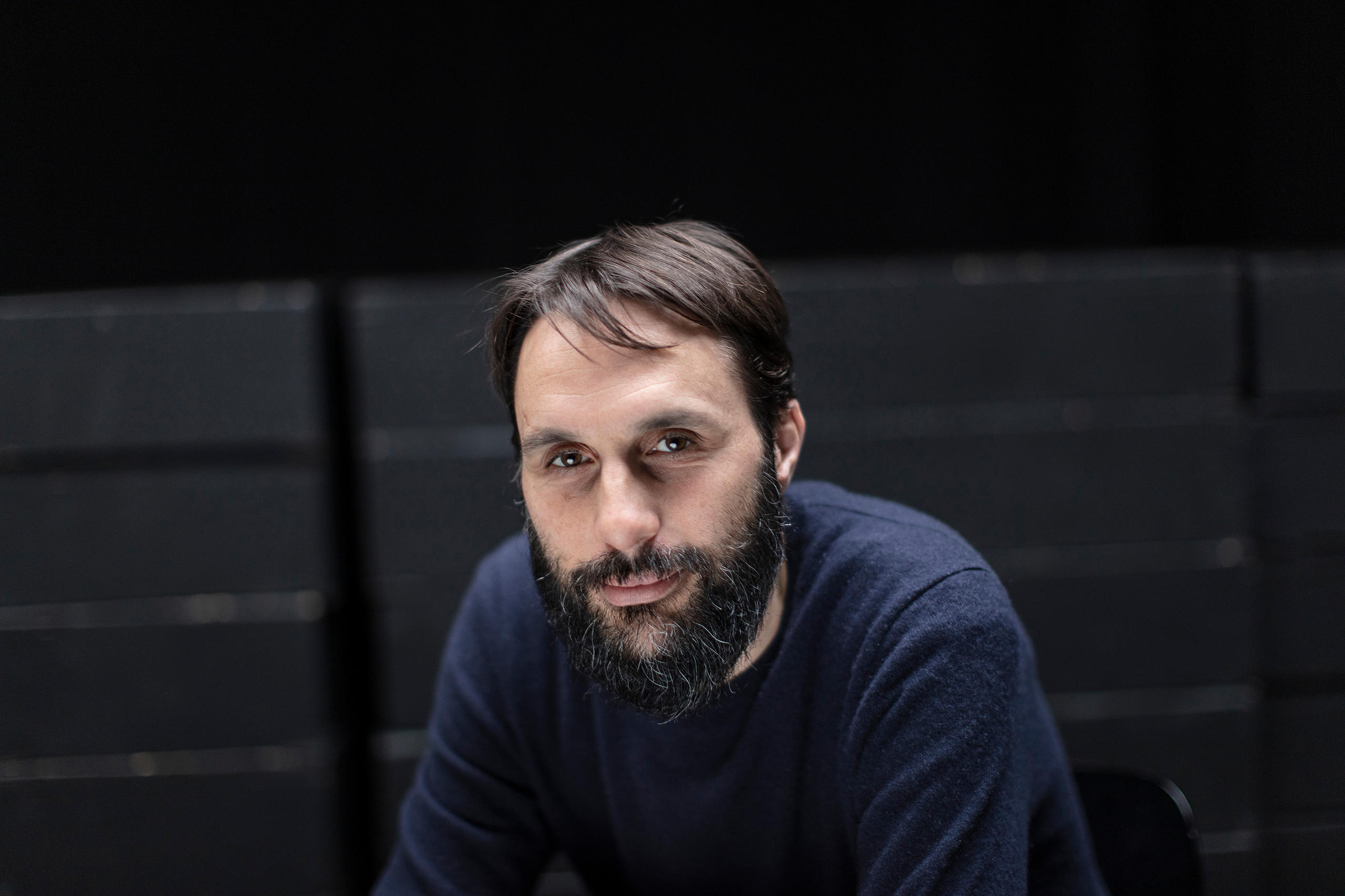
SWI swissinfo.ch: Can we say that the crowdfunded Swiss film Mad HeidiExternal link, which was released online on December 8, is a milestone, in the sense that it turned the production and distribution models upside down?
Niccolò Castelli: I think it’s one of the movies that’s breaking new ground this year. Mad Heidi was really smart, one of the first crowdfunded big productions. But there are also other possibilities: we have now the Lex NetflixExternal link [in May 2022, voters approved a law forcing international streaming services to invest in the Swiss film industry] and the streamers are starting to take an interest in our cinema. We have in our programme quite a few movies co-produced with streamers, including in the main competitive sections. Polish Prayers is a co-production with HBO, for example.
Until the last few years, there was practically only one way to produce a movie in Switzerland. You needed money from the Federal Office of Culture, from one of several film foundations, and the Swiss national broadcaster [the Swiss Broadcasting Corporation, SWI’s parent company]. But now even relatively big productions are starting to think about how they can produce movies in other ways. So we’re really going through big changes.
SWI: Do these different business models also imply a different kind of negotiation for a film festival?
N.C.: The usual distribution path [for a film] used to be: first in festivals, then in cinemas, then television, then online or DVD. Mad Heidi has already premiered online, and then they have a distribution in some cinemas. It forced us to negotiate in a new way and to understand that we are a part of a more horizontal distribution chain. There are no longer fixed points, and every movie is different.
Another example: Natural Born Driver is co-produced with Sky Documentaries and it’s already online all over the world, but Sky decided to block it in Switzerland until the end of the festival. The Swiss producers don’t own the rights, but they asked Sky to wait for the Swiss festival because it was important for the film to have its national premiere in Solothurn. It’s the director’s first feature, so it was important for his career. So it’s possible to negotiate, but the world is completely different.
SWI: What new aspects do you have to bear in mind while negotiating a film for the festival?
N.C.: Most movies still follow the classical way, but we have to consider new questions, such as: why should I show a movie if it’s already available online? There were some movies that were already available everywhere, for free. In this case we have to drop it. But other movies that are already online but on small platforms or very niche platforms, we decided to show them and give them a Q&A after the film so that people can discover more.
SWI: Does it also mean that, as a festival director, you have to be more proactive and go after films instead of just choosing among submissions?
N.C.: Sure, that’s why I think they asked a filmmaker like me to take over the artistic direction of Solothurn. I produced, I made movies and have experience with international co-productions. The festival needs to have a sense of how the industry works. We have to be more proactive, and we also have to give something to these platforms, distributors or sales agents. It’s a lot more work.
One of the innovations of the Solothurn Film Festival this year is the possibility of extending the reach of the festival abroad digitally via a B2B (business-to-business) model. Through the online platform Festival Scope ProExternal link, film professionals (festival makers, global sales agents, filmmakers, journalists, distributors, embassies, film clubs) can watch and screen the films of the main sections (Prix de Soleure and Opera Prima) anywhere in the world.
SWI: How have the distributors and the streamers reacted to this approach?
N.C.: The first thing producers and streamers ask is how is the visibility? Can you promote the movie? Can you give some media coverage? Because the problem now is that there are so many streaming platforms, there are too many television channels, so how can I get an audience? How can these audiences know that this movie has been made and it’s available?
For example, Natural Born Driver is about a Formula One driver from the Eighties in Italy. Nobody knows there’s a Swiss filmmaker and a Swiss crew behind the movie. So thanks to the Solothurn Film Festival they can reach a new audience, maybe not so interested in the topic, but more interested in the filmmaking and the “Swiss-made” aspect.
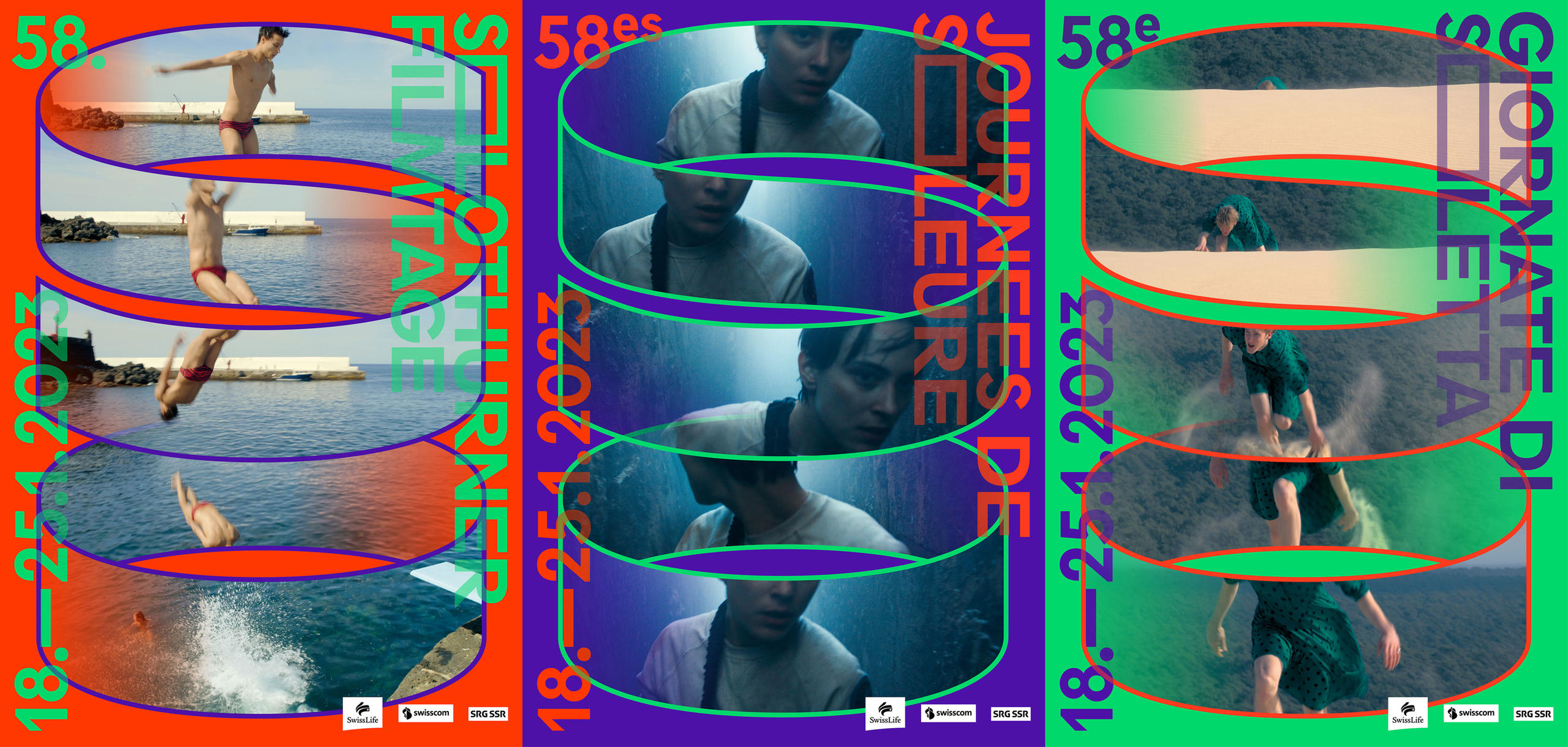
SWI: In the programme you mention sexuality, racism, classism, identity, gender, generations and so on, which are global issues. Are any Swiss-specific issues tackled?
N.C.: If I compare Swiss cinema of 20 or 30 years ago with the current productions, we see that it was mostly about a Swiss perspective of the world. Films were made mostly by directors around 40 or 50 years old with their roots in Switzerland, going out and discovering the world. Or staying in Switzerland, discovering aspects of Swiss identity.
We now have a new generation and most of the directors are between 25 and 40 years old. Most of them are Swiss, born Swiss, but with other roots, with at least 50% of their roots coming from the Balkans, Portugal, Italy, Poland, Georgia, and so on.
So now the world is already in the roots of the authors telling the stories. The perspective, the look that we have on the world is completely different. Because not only the co-productions are international, but also the authors.
SWI: How does that show itself in the films?
N.C.: It’s a more horizontal perspective, and closer to personal emotions, in my view. It’s not like the cultivated people from high society looking at the world. It also brings something interesting to Switzerland, like in football: the national team is Swiss but with a lot of different roots. There are plenty of identities within Switzerland, and I think many people coming to Solothurn will be confronted with the question of what is the new identify of Switzerland? What is also the “new neutrality” of Switzerland?
SWI: What is the new neutrality?
N.C.: In the past we weren’t really part of the world. We were this island in the middle of Europe where nothing happens, but we could be neutral and host people to talk about global issues. Now we are part of the world. So to be neutral also means to be involved. And Swiss cinema can play a role in this discussion.
SWI: Looking at previous Solothurn programmes, the majority of Swiss films – mostly documentaries – dealt with topics outside Switzerland. But now we’re also seeing it in feature films.
N.C.: Absolutely. It’s a consequence of the democratisation in fictional filmmaking. In the past you needed a large amount of money to make feature films. Now you can find very good equipment for affordable prices and with a low budget you can make a movie for a big audience. The Prix du Publique, for example, is a section dedicated to a big audience, big screen, big budgets. Now with low budgets you can also tell a big story, and we are focused on the stories, on the topics, on what a movie gives us. Technical aspects are still important, but we have more freedom.
- Amine – Held auf Bewährung (Dani Heusser, documentary). A Guinean asylum seeker in Switzerland tries to help Ukrainian refugees.
- Big Little Women (Nadia Fares, documentary). Three generations of women transgressing patriarchal rules in Switzerland and Egypt.
- A Forgotten Man (Laurent Nègre, fiction). The Swiss ambassador to Nazi Germany returns home after the war.
- Natural Born Driver – L’incredibile storia di Ivan Capelli (Gionata Zanetta, documentary). Biopic about the Formula One pilot in the 1980s.
- Jours de fête (Antoine Cattin, documentary). The social fault lines in today’s Russia exposed through seven traditional feasts in St. Petersburg.
- De Noche los Gatos son Pardos (Valentin Merz, fiction). Absurdist comedy of a film crew that disappears in the French countryside.
- Trained to See – Three Women and the War (Luzia Schmid, documentary). Three female correspondents shed a new perspective on the horrors of the Second World War.
Edited by Mark Livingston/ts

In compliance with the JTI standards
More: SWI swissinfo.ch certified by the Journalism Trust Initiative
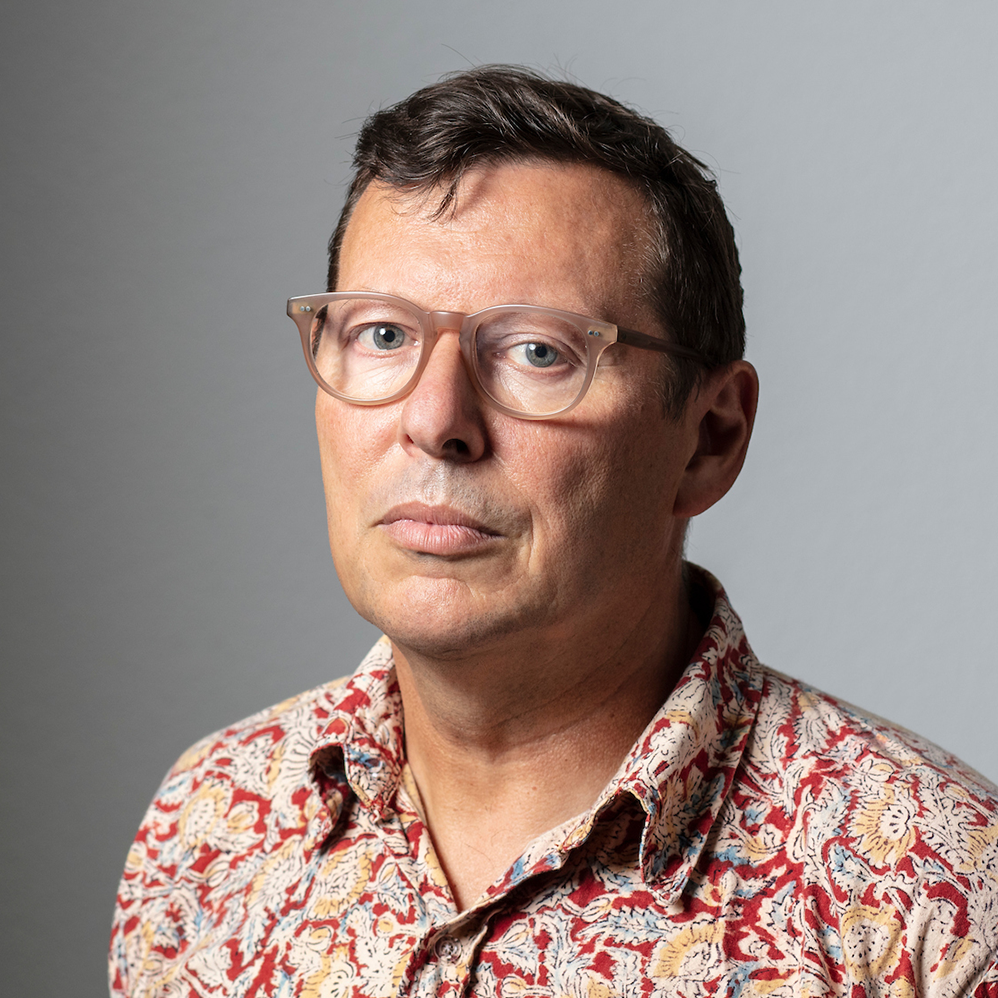
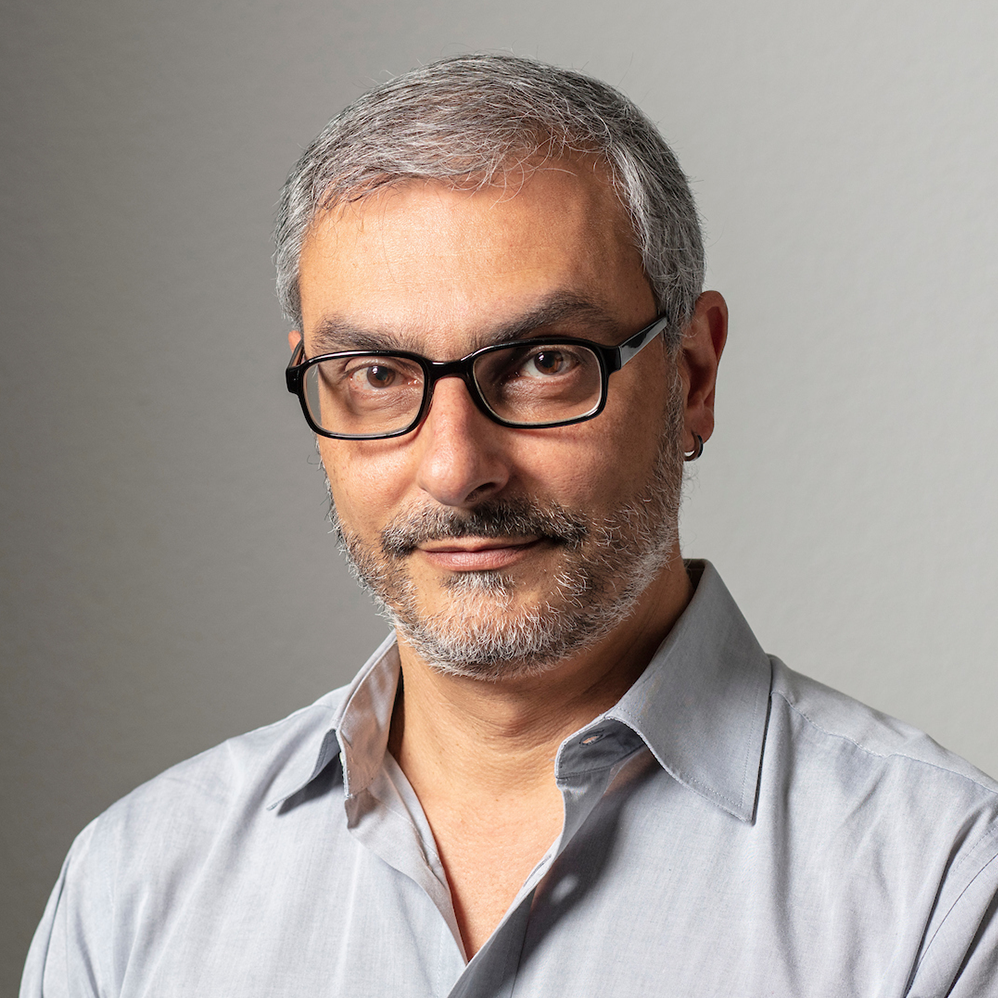








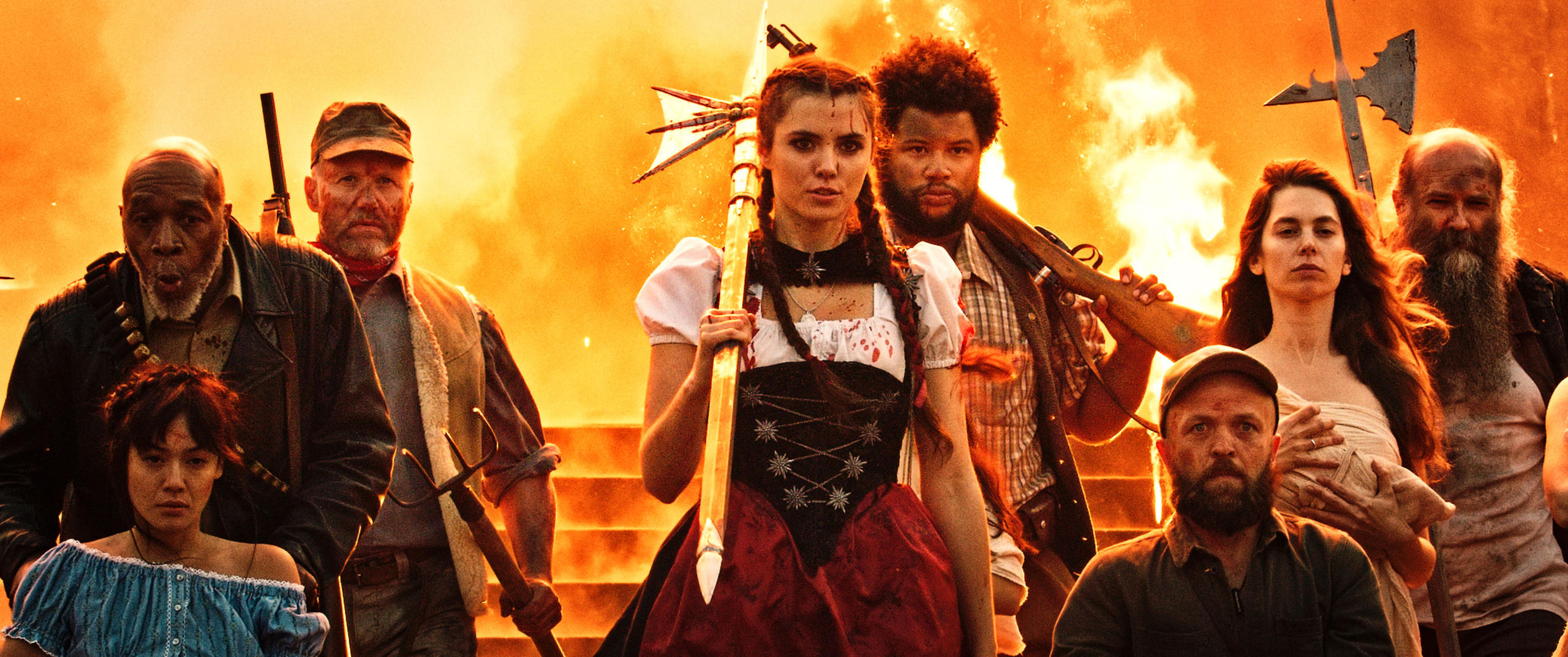

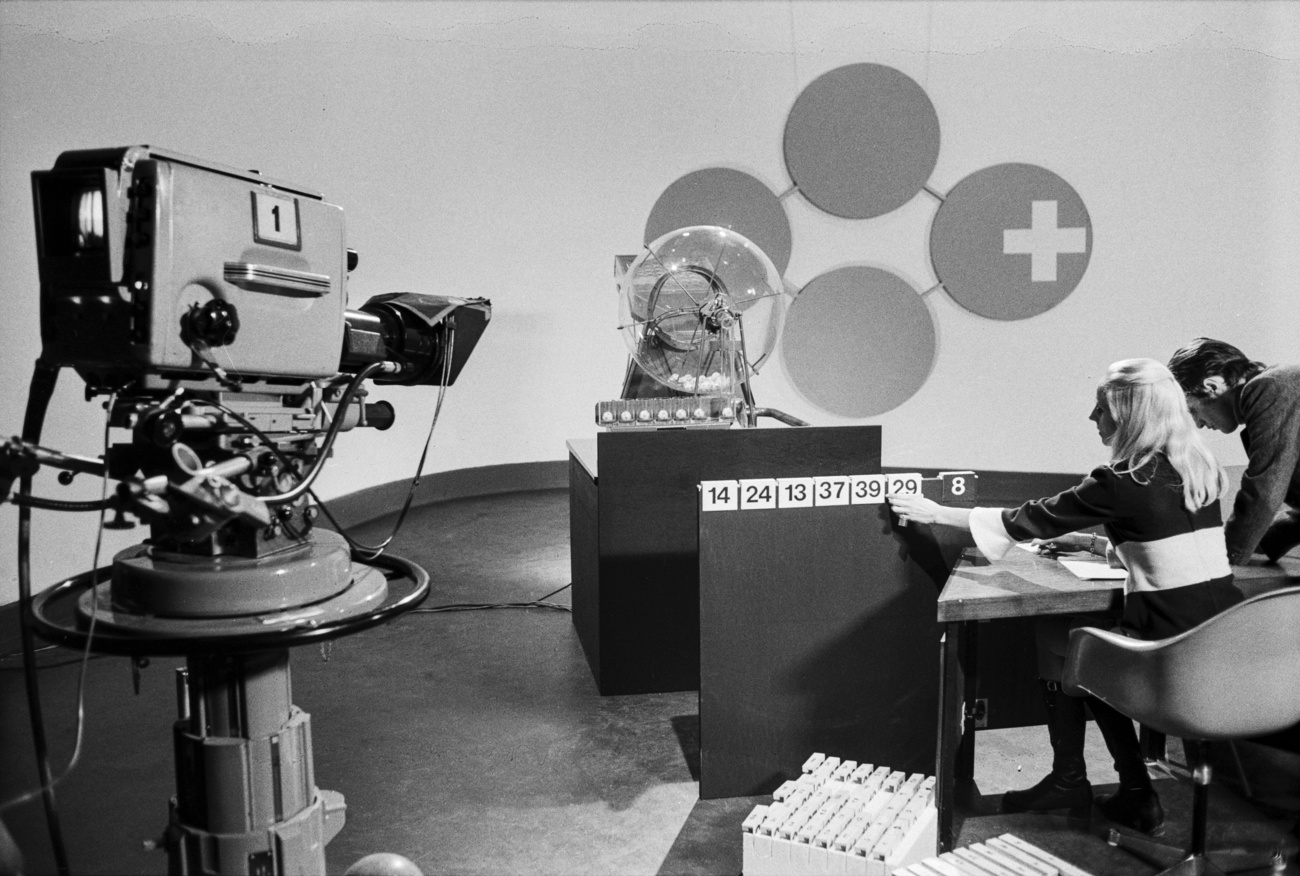

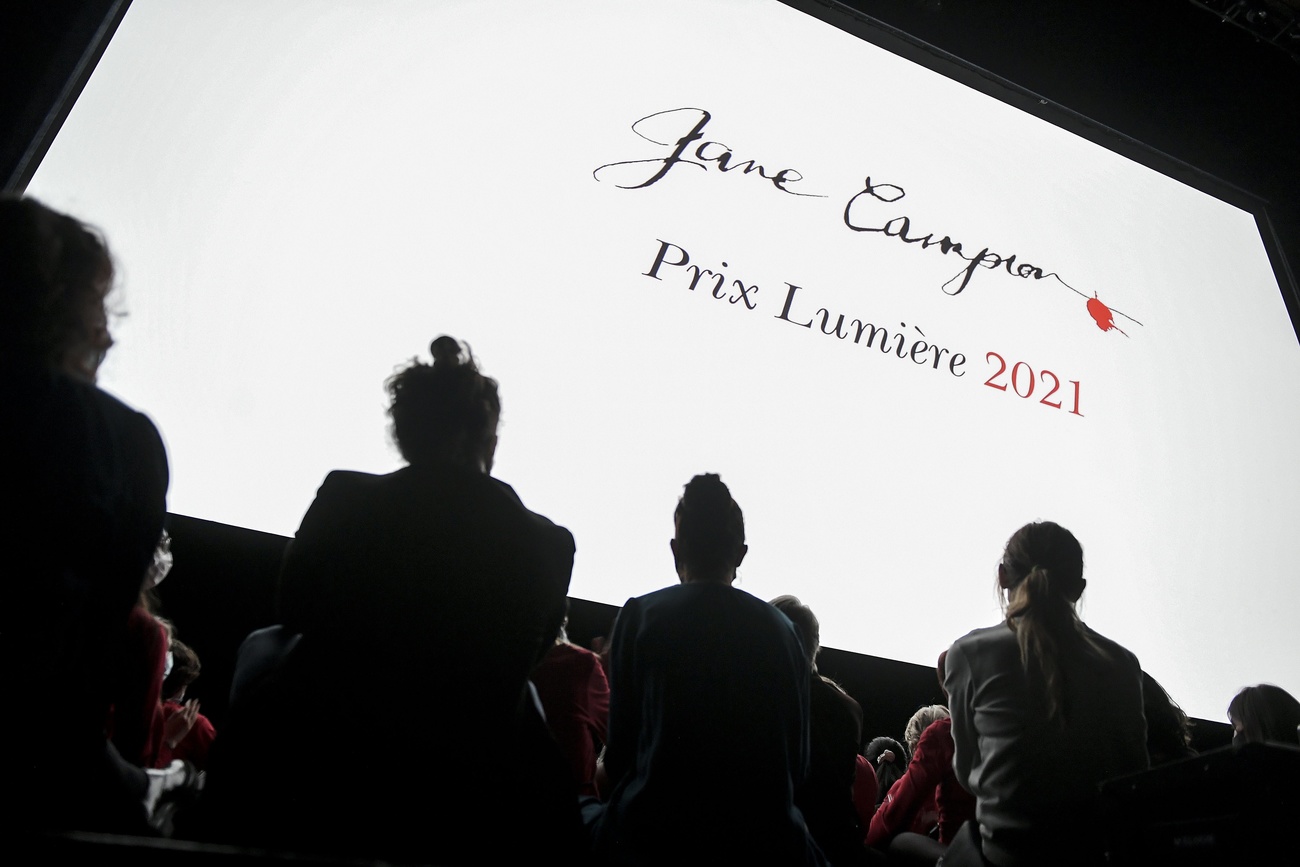

You can find an overview of ongoing debates with our journalists here . Please join us!
If you want to start a conversation about a topic raised in this article or want to report factual errors, email us at english@swissinfo.ch.